Read this in — English, Svenska
This tour is not available in Deutsch
79 kr
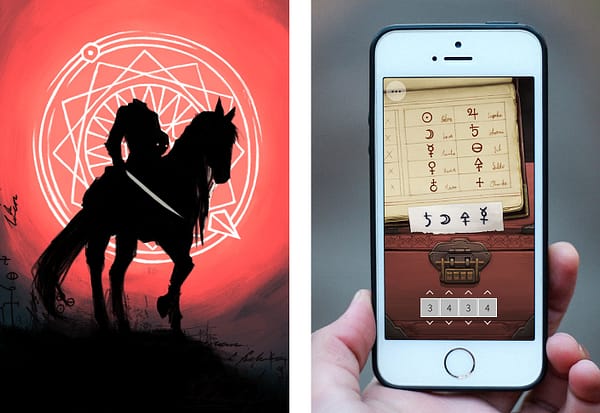

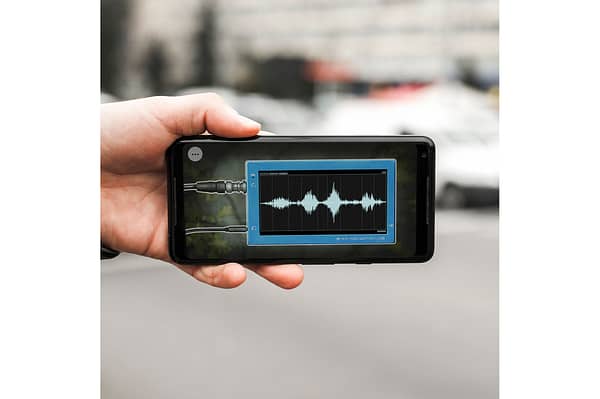
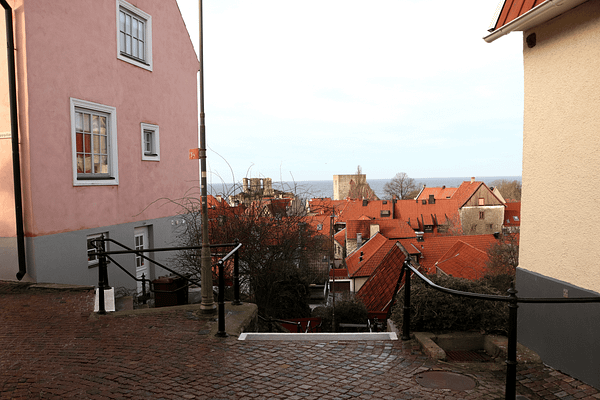
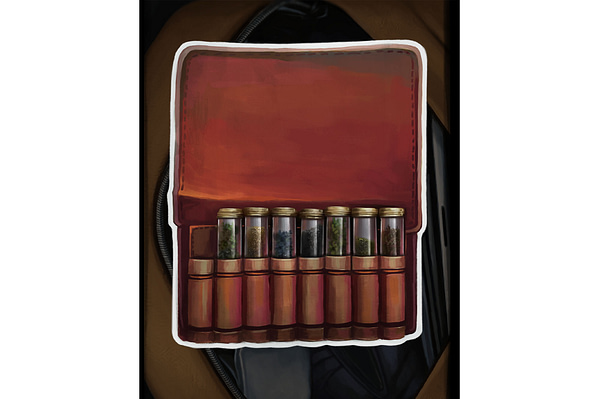
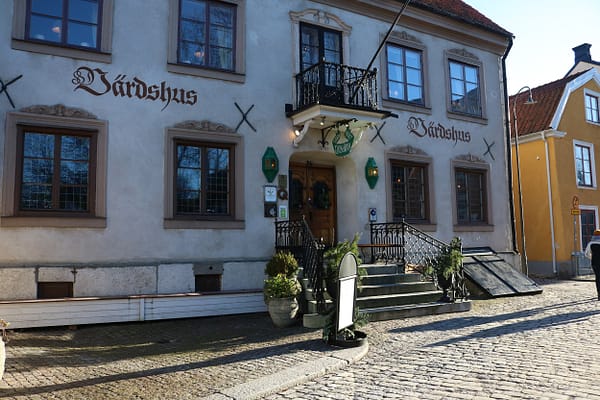
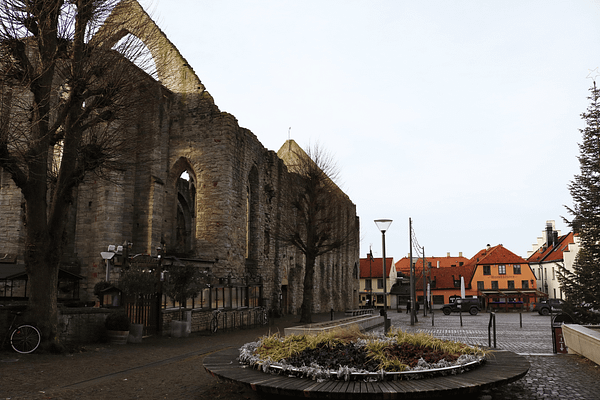
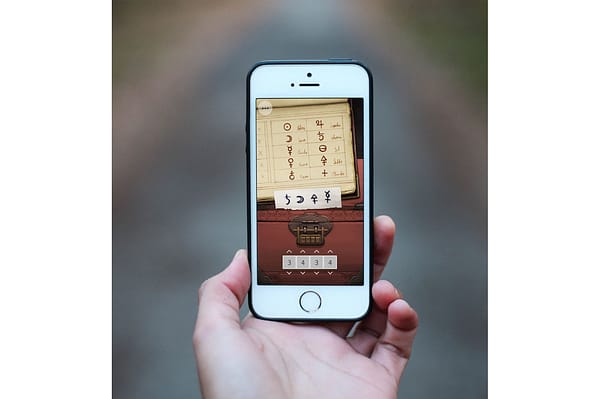
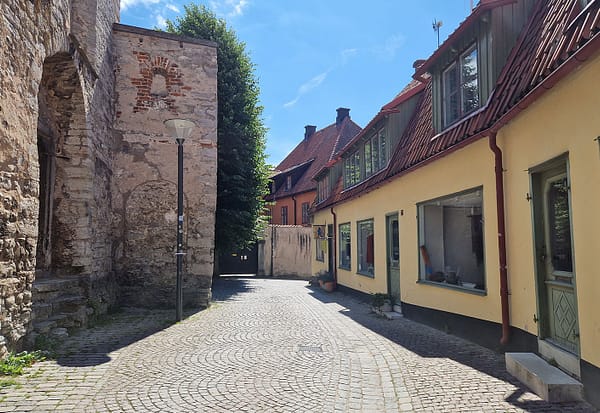









The Saint Nicolai church was built in 1220-1230, and fully completed around the year 1400. Saint Nikolaus (or St. Nicholas) is the patron saint of sailors and fishermen.
This street is called Rackarebacken, which means “rascal’s hill”, as this was the street where the town executioner and his assistant - the rascal - lived during the 1600-1800’s.
The DBW Bell-Lancaster school was started in 1815 and moved between various locations around town, until it moved to this building, specifically built for the purpose of being a school.
St. Katarina was built as a monastery church by the Franciscan order in the 1250’s. The church was expanded in the 1300-1400’s, but was never entirely completed.
This white 3-storey house dates back to the 1200’s. According to a local legend, the cellars are haunted as there supposedly was a jail and torture chamber in the basement at one time
According to legend, a man posing as a priest poisoned the St. Olof congregants during communion in the 1350’s. Among the dead were the vicar, three priests and several congregants.
The Lindgården inn is built on the foundation of a house from the 1300’s. It was purchased in 1587 by the Store Compagniet society, and at one point the people’s court was moved here.
Behind this gate is the old Franciscan monastery, connected to the St: Katarina church. The mysterious inscription over the gate has had many different interpretations over the years.
Visby’s cathedral, the Sankta Maria church, is the only mediaeval church in Visby which hasn’t fallen into disrepair and turned into a ruin. It has been a parish church since 1225.
Helgeandshuset (The Holy Spirit House) to your left, was originally built as a hospital in the early 1800’s, but today it houses the offices of the Visby diocese.
The Saint Nicolai church is the best preserved ruin in Visby, even though it was ravaged by attacks, abandoned during the reformation period, and later exploited for building materials.